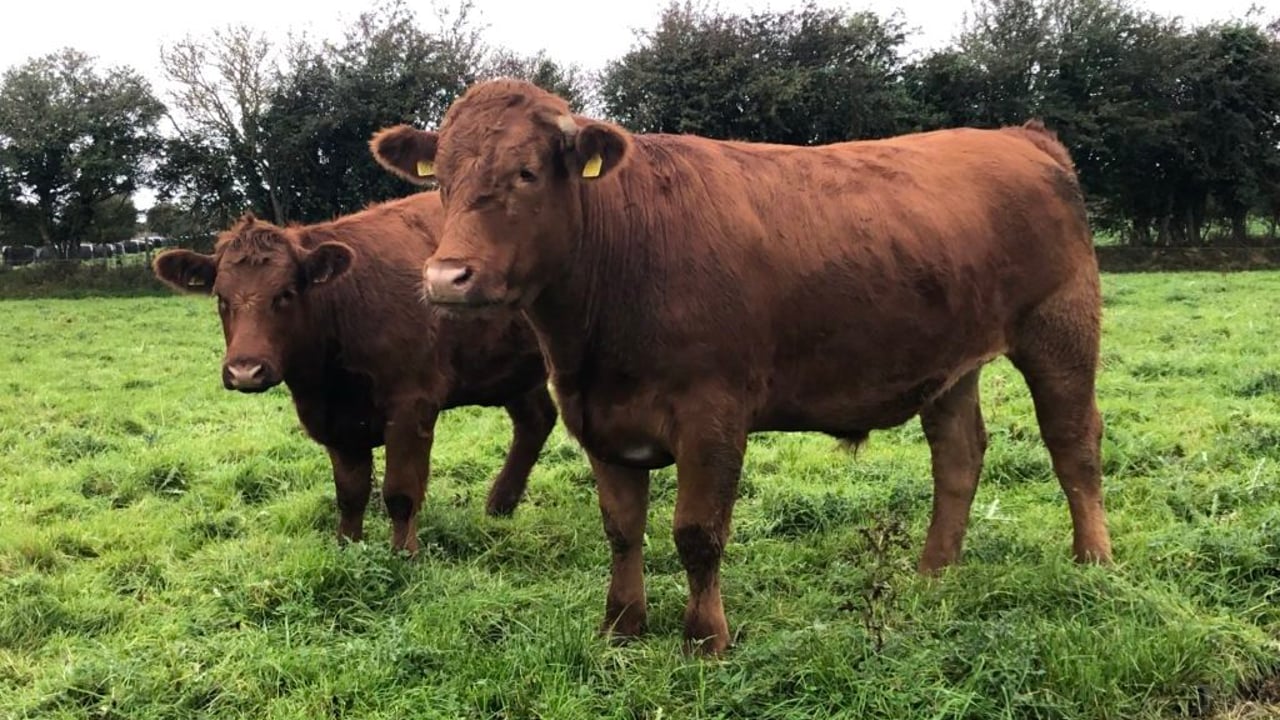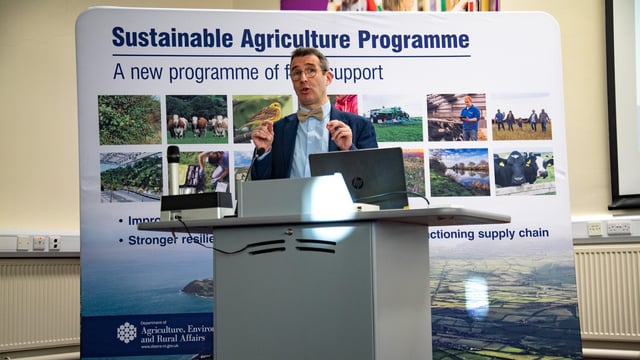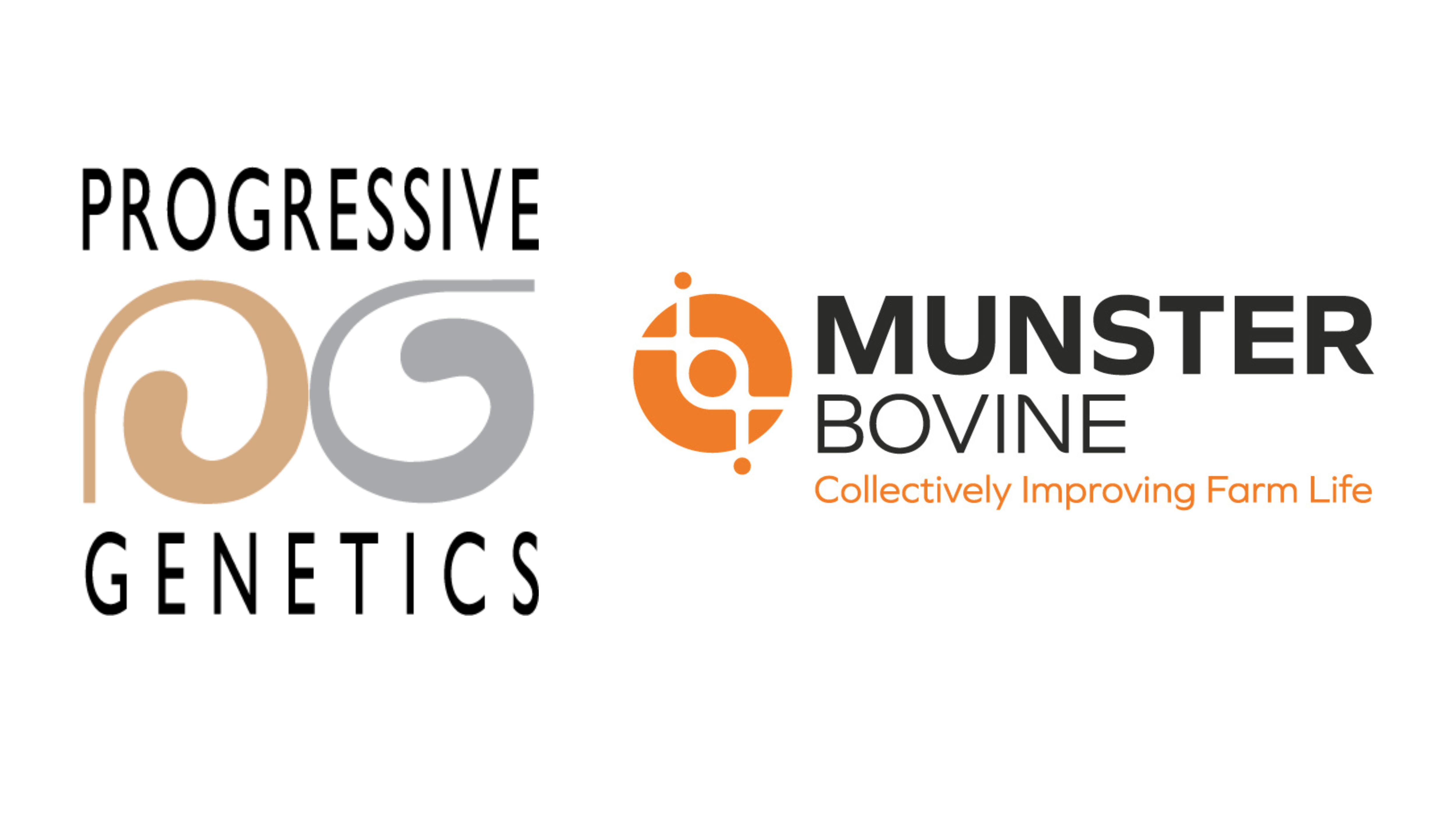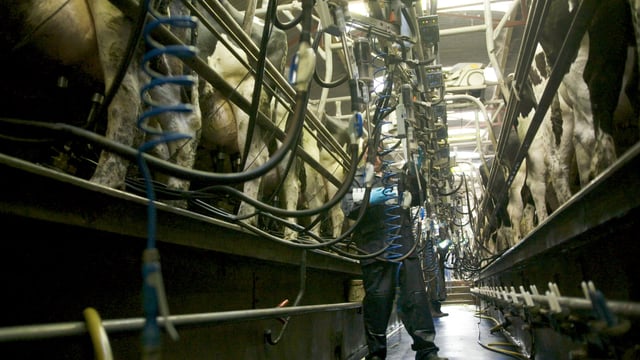€3m call for proposals to promote and develop organic sector
Minister for Agriculture, Food and the Marine, Martin Heydon, has issued a €3 million call for proposals to promote and develop the organic sector.
Minister Heydon said: “I am announcing €3 million in funding over the next three years for innovative projects to promote and develop the organic sector.
"Organic farming has grown significantly in the last few years, and I am committed to supporting its further development, in order to meet our targets in the [Common Agricultural Policy] CAP Strategic Plan and increase returns to producers.
"Attracting the next generation of farmers is crucial to securing the future of Irish agriculture and organics can be a real, viable option for younger farmers.
"This call is an opportunity to support those already in the sector and to help attract more in the future," he added.
The call for the period 2025-2027 is open until March 7, 2025, and applications can be made to the organic policy unit within the Department of Agriculture, Food and the Marine (DAFM).
The minister has said that the purpose of the call is to support delivery of the vision of the National Organic Strategy which aims to “grow a highly productive organic food sector that secures a viable future for farmers while supporting the health of the natural environment and consumers".
Minister Heydon concluded: “My focus is on ensuring that organic farmers, fishers and food producers are competitive, productive and innovative.
"The incomes of our producers are central and critical to the success of our FoodVision 2030 strategy, and they are the bedrock of our world-class organic agri-food sector.
"The opening of this call underlines the government's commitment to delivering a premium price for organic product, and to ensuring that we meet the target in our National Organic Strategy of more than trebling the value of organic output by 2030.”
Total funding for the call is €3 million over the period 2025-2027. Maximum funding per project is €150,000/yr and extra marks will be allocated to those projects that do not require 100% funding.
Copies of the terms and conditions of the grant scheme, together with application forms, are available from the Organics and Market Supports Division, DAFM, Johnstown Castle, Co. Wexford, and on the department’s website.
This organic support scheme is financed by the National Exchequer and projects should aim to align with the National Organic Strategy and implementation plan.
Applications can be submitted by post or email to [email protected] on or before March 7, 2025.
The aim of the National Organic Strategy is to increase wholesale food value from €200 million in 2024 to €750 million by 2030.
Organic beef numbers will double in 2025 compared to 2024, with beef output estimated to increase to 12,000t by 2030, from 4,000t today, according to DAFM.
Organic sheep numbers will treble in 2026 compared to 2024, with lamb output estimated to increase to 3,000t to 2030, from approximately 500t in 2024.
Milk production could double to 40 million litres by 2030, from approximately 20 million litres in 2024.
Tillage area expected to more than double by 2030, with oats and combi-crops (protein and cereal) offering major opportunities.
A department organic feed survey estimates a need for 50,000t of livestock feed (concentrates and straights) this winter. Approximately 30,000t of this will be imported.
Poultry production could increase significantly, with potential for a 50% increase in egg production, to 53 million eggs, annually.
Pork has major opportunities to grow, particularly though direct sales, albeit from a low base, the DAFM has said.
In terms of horticulture, in line with the national strategy for horticulture, considerable potential exists for growth.
Imports currently account for arround 70% of retail sales in Ireland. The aim is to reduce this to less than 50% by 2030.
Supporting organic farming participation:
- Provide financial and technical assistance to encourage participation in organic farming;
- Facilitate access to land and resources for aspiring organic farmers;
- Implement initiatives to attract young farmers into the organic sector.
Coordinating the value chain:
- Strengthen connections between farmers and processors to streamline operations;
- Expand processing networks to accommodate the growing organic sector;
- Shorten supply chains to optimise efficiency;
- Increase distribution capacity to meet rising demand.
Growing the domestic market:
- Conduct market research to understand consumer preferences and needs;
- Clarify the benefits of organic food to consumers through targeted campaigns;
- Raise awareness and preference for Irish organic products among the domestic population.
Driving export growth:
- Gain insights into market trends to capitalise on export opportunities;
- Promote Irish organic food in international markets, leveraging its reputation for quality and safety;
- Highlight the environmental credentials of Irish organic food to appeal to eco-conscious consumers abroad;
- Support exporters in accessing new markets through trade agreements and initiatives;
- Explore the opportunities around labelling to maximise the visibility and credibility of Irish organic products in foreign markets.
Expanding public procurement:
- Support the new clear guidelines for green public procurement to prioritise organic products;
- Promote the availability and appeal of Irish organic produce in public institutions and facilities.
Boosting skills and support:
- Facilitate knowledge exchange among organic farmers to share best practices and innovations;
- Implement education and training programs to enhance skills and expertise in organic farming;
- Encourage research and development initiatives to drive innovation and sustainability in the organic sector;
- Foster collaboration among industry stakeholders to address common challenges and opportunities;
- Strengthen networking platforms to facilitate communication and cooperation within the organic sector;
- Enhance the business capability of the organic sector through capacity-building initiatives and support services.





